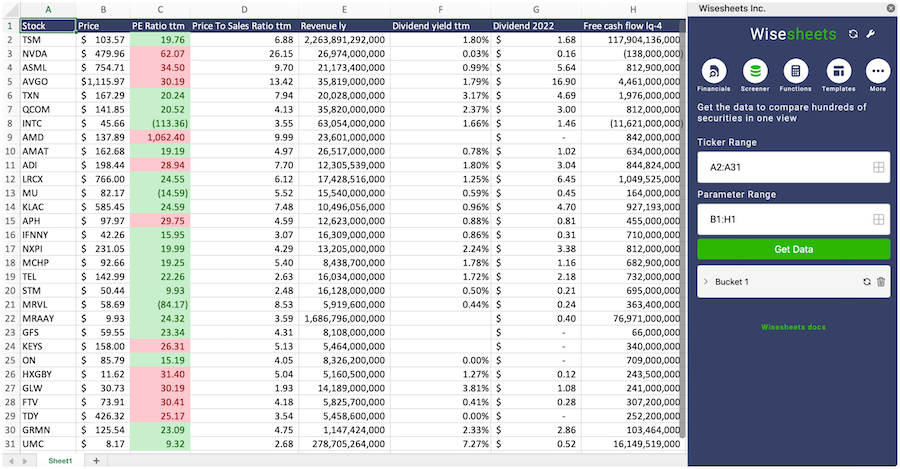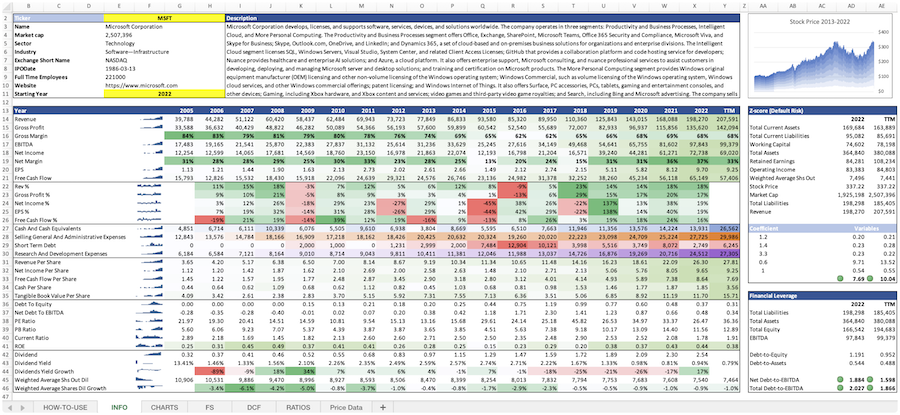Navistar International Corporation
NAV
Price:
$44.5
Market Cap:
$0
Navistar International Corporation, through its subsidiaries, manufactures and sells commercial trucks, diesel engines, school and commercial buses, and service parts for trucks and diesel engines worldwide. The company operates through four segments: Truck, Parts, Global Operations, and Financial Services. It manufactures and distributes Class 4 through 8 trucks and buses in the common carrier, private carrier, government, leasing, construction, energy/petroleum, and student and commercial transportation markets under the International and IC brands; and designs, engineers, and produces sheet metal components, including truck cabs and engines. The company also provides customers with propri...[Read more]
Industry
Agricultural - Machinery
IPO Date
1980-03-17
Stock Exchange
NYSE
Ticker
NAV
PE Ratio
[-23.25]
ROE
[9.19%]
Current Ratio
[1.36]
Dividend Yield
[0%]
Enterprise Value
[3.49B]
Dividend History
The PE Ratio as of December 2025 (TTM) for Navistar International Corporation (NAV) is -23.25
According to Navistar International Corporation’s latest financial reports and current stock price. The company's current PE Ratio is -23.25. This represents a change of 182.15% compared to the average of -8.24 of the last 4 quarters.
Navistar International Corporation (NAV) Historical PE Ratio (quarterly & annually)
How has NAV PE Ratio performed in the past?
The mean historical PE Ratio of Navistar International Corporation over the last ten years is 11.19. The current -23.25 PE Ratio has changed -20879.23% with respect to the historical average. Over the past ten years (40 quarters), NAV's PE Ratio was at its highest in in the April 2016 quarter at 77.05. The PE Ratio was at its lowest in in the July 2014 quarter at -357.85.
Average
11.19
Median
-1.83
Minimum
-18.78
Maximum
131.16
Navistar International Corporation (NAV) PE Ratio by Quarter and Year
Discovering the peaks and valleys of Navistar International Corporation PE Ratio, unveiling quarterly and yearly fluctuations to gain insights into the company’s financial performance and market dynamics, offering valuable data for investors and analysts alike.
Maximum Annual Increase = 652.13%
Maximum Annual PE Ratio = 131.16
Minimum Annual Increase = -798.31%
Minimum Annual PE Ratio = -18.78
| Year | PE Ratio | Change |
|---|---|---|
| 2020 | -12.39 | -187.95% |
| 2019 | 14.08 | 43.55% |
| 2018 | 9.81 | -92.52% |
| 2017 | 131.16 | -798.31% |
| 2016 | -18.78 | 244.33% |
| 2015 | -5.45 | 17.28% |
| 2014 | -4.65 | 43.67% |
| 2013 | -3.24 | 652.13% |
| 2012 | -0.43 | -124.22% |
| 2011 | 1.78 | -88.82% |
Navistar International Corporation (NAV) Average PE Ratio
How has NAV PE Ratio performed in the past?
The current PE Ratio of Navistar International Corporation (NAV) is less than than its 3-year, less than than its 5-year, and less than than its 10-year historical averages
3-year avg
3.84
5-year avg
24.78
10-year avg
11.19
Navistar International Corporation (NAV) PE Ratio vs. Peers
How is NAV’s PE Ratio compared to its peers?
Navistar International Corporation’s PE Ratio is less than Triton International Limited (4.62), less than Gol Linhas Aéreas Inteligentes S.A. (-0.04), less than Encore Wire Corporation (13.13), less than Altra Industrial Motion Corp. (31.77), greater than JBT Marel Corporation (-72.59), less than CSW Industrials, Inc. (35.77), less than GMS Inc. (41.12), less than Aerojet Rocketdyne Holdings, Inc. (62.93), less than Air Lease Corporation (7.03), less than IAA, Inc. (18.27),
| Company | PE Ratio | Market cap |
|---|---|---|
| 4.62 | $2.55B | |
| -0.04 | $4.35B | |
| 13.13 | $4.58B | |
| 31.77 | $4.05B | |
| -72.59 | $8.02B | |
| 35.77 | $5.14B | |
| 41.12 | $4.20B | |
| 62.93 | $4.68B | |
| 7.03 | $7.17B | |
| 18.27 | $5.34B |
Build a custom stock screener for Navistar International Corporation (NAV) and other stocks
One of the best ways to find valuable stocks to invest in is to build a custom made screener in your Excel or Google Sheets spreadsheet. This allows you to compare thousands of companies like Navistar International Corporation using the financials and key metrics that matter to you in a single view.
The easiest way to set this up is to use the Wisesheets add-on and set your spreadsheet like this:
Covering all these metrics from financial, data, dividend data, key metrics and more you can get all the data you want for over 50+ exchanges worldwide.
Get your free trial here.
Navistar International Corporation (NAV) and other stocks custom spreadsheet templates
The easiest way to analyze a company like Navistar International Corporation or any others is to create a spreadsheet model that automatically retrieves all of the stock data you need.
Using Wisesheets you can set up a spreadsheet model like this with simple spreadsheet formulas. If you change the ticker you can get all of the data automatically updated for you.
Whether you need live data, historical price data, financials, dividend data, key metrics, analyst estimates, or anything else...Wisesheets has you covered.
Frequently asked questions❓
What is the PE Ratio?
How can you use the PE Ratio?
What is Navistar International Corporation's PE Ratio?
How is the PE Ratio calculated for Navistar International Corporation (NAV)?
What is the highest PE Ratio for Navistar International Corporation (NAV)?
What is the 3-year average PE Ratio for Navistar International Corporation (NAV)?
What is the 5-year average PE Ratio for Navistar International Corporation (NAV)?
How does the current PE Ratio for Navistar International Corporation (NAV) compare to its historical average?

